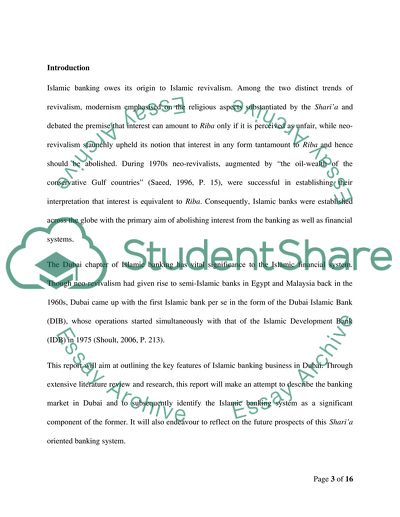Cite this document
(“The Key Features of Islamic Banking Business in Dubai Research Paper”, n.d.)
The Key Features of Islamic Banking Business in Dubai Research Paper. Retrieved from https://studentshare.org/finance-accounting/1733704-islamic-banking
The Key Features of Islamic Banking Business in Dubai Research Paper. Retrieved from https://studentshare.org/finance-accounting/1733704-islamic-banking
(The Key Features of Islamic Banking Business in Dubai Research Paper)
The Key Features of Islamic Banking Business in Dubai Research Paper. https://studentshare.org/finance-accounting/1733704-islamic-banking.
The Key Features of Islamic Banking Business in Dubai Research Paper. https://studentshare.org/finance-accounting/1733704-islamic-banking.
“The Key Features of Islamic Banking Business in Dubai Research Paper”, n.d. https://studentshare.org/finance-accounting/1733704-islamic-banking.


